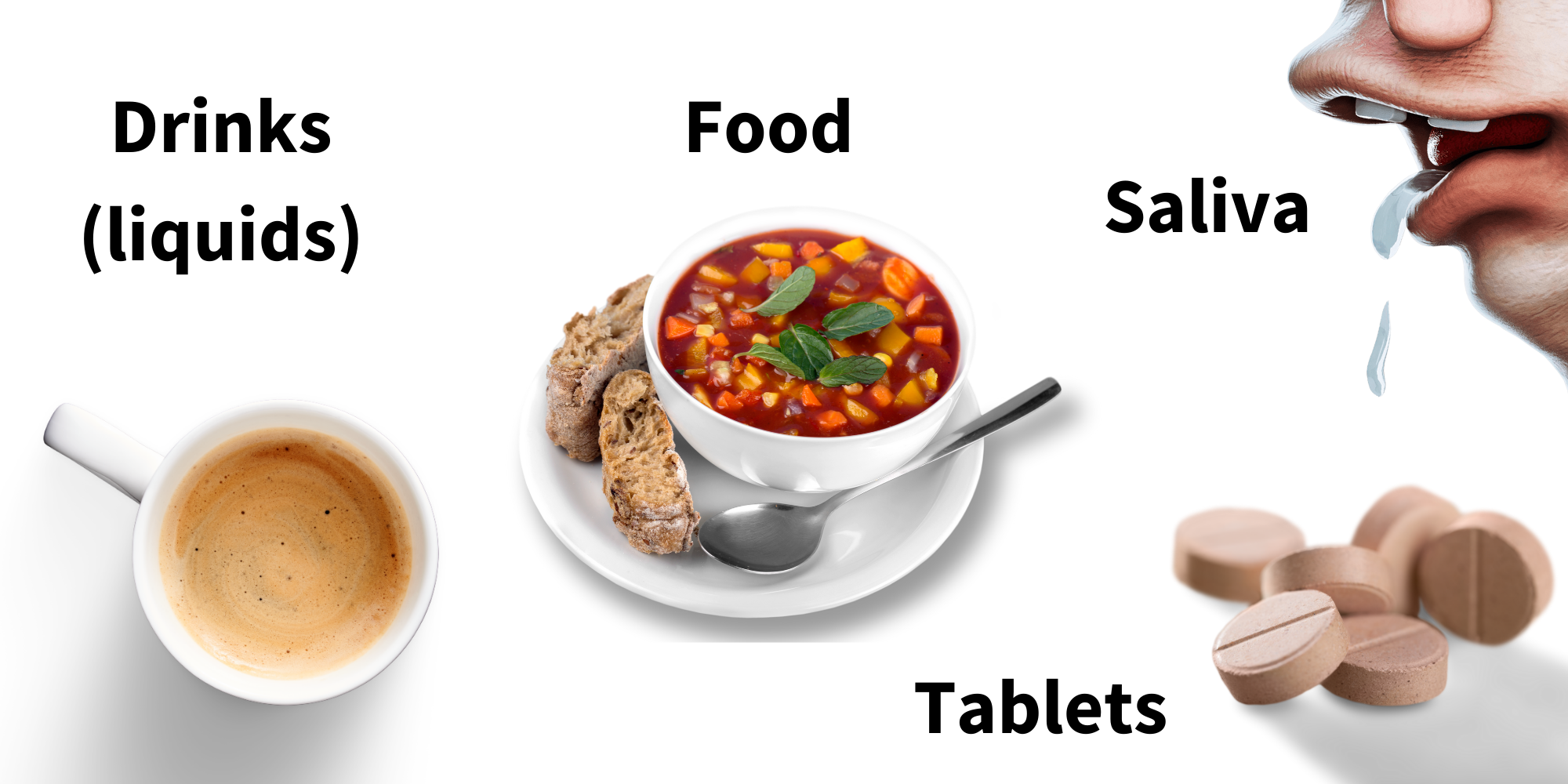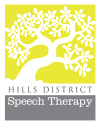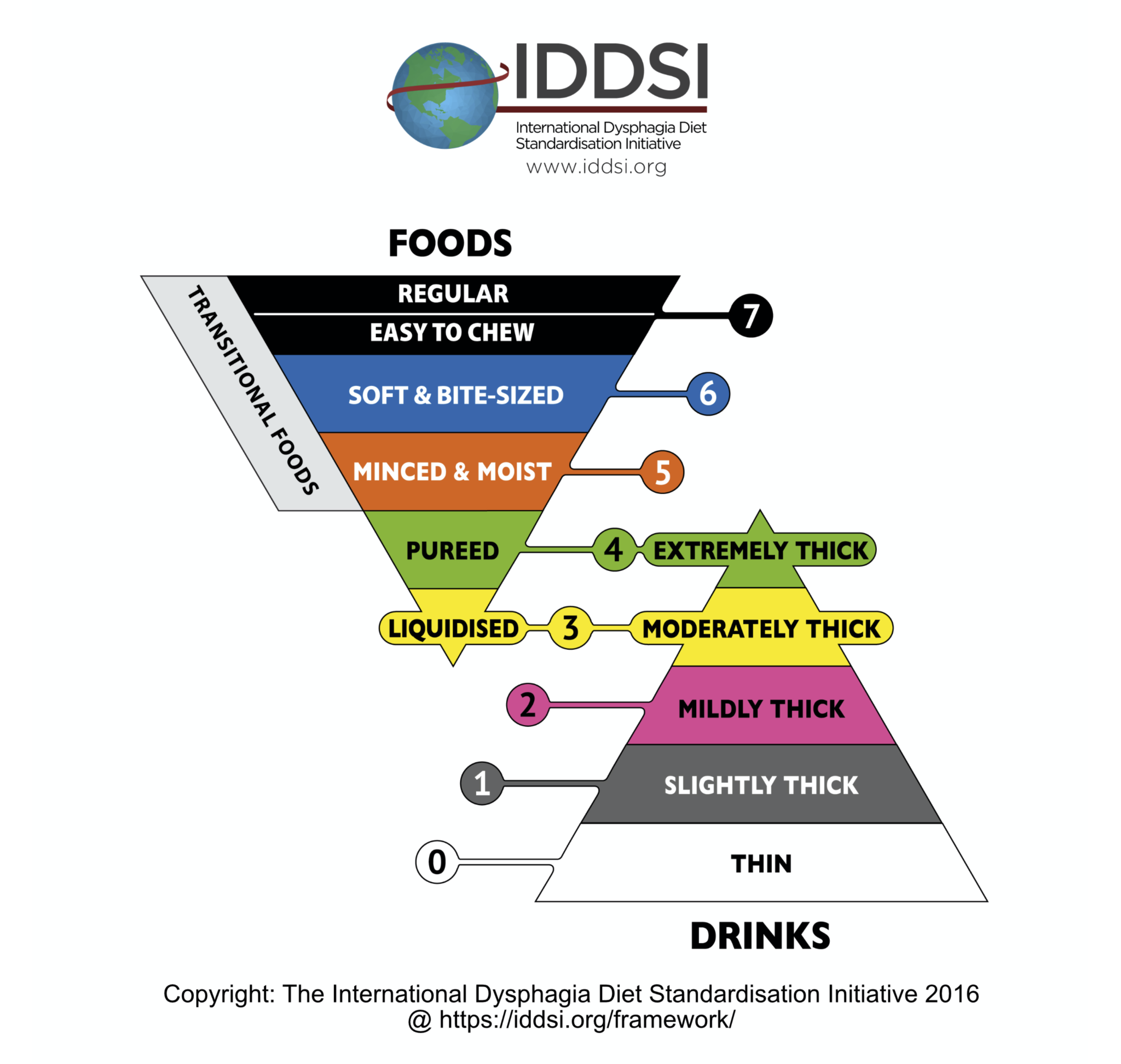What is a Swallowing Difficulty (Dysphagia)?
Speech Pathology Australia (2020) defines swallowing difficulty (dysphagia) as any discomfort or ‘problem with sucking, swallowing, drinking, chewing, eating, controlling saliva, taking medication, or protecting the lungs from food and drink ‘going the wrong way’’. These difficulties can be in the mouth, throat or lower down in the oesophagus.
What causes Dysphagia?
Dysphagia can occur as a result of stroke, brain injury, cancer, advanced age, neurological disorders, gastrointestinal problems, respiratory illnesses, developmental disability or any medical condition that impairs alertness, reflexes or tone.
What are the Symptoms of Dysphagia?
Someone with dysphagia may:
- Have food or drink spill from or get stuck in their mouth
- Have problems chewing
- Have food stuck in their throat
- Cough when they swallow food, liquids and/or tablets
- Have difficulty swallowing their own saliva

Did you know Speech pathologists work with thousands of Australians each year who experience difficulty and/or discomfort during swallowing!
Red Flags
If you or a loved one are experiencing on or more of the following symptoms, speak to your GP or a Speech Pathologist as soon as possible:
- Choking, coughing, throat clearing, wet voice or shortness of breath during or after a meal
- Food getting stuck in the throat
- Weight loss
- Frequent, unexplained chest infections
What do we Offer?
Our Speech Pathologists have extensive experience in conducting comprehensive swallowing assessments for clients in a range of settings.
We also offer intervention for those with identified swallowing difficulties. Treatment is tailored to the person’s specific abilities and needs, and often involves a combination of rehabilitation and compensatory strategies. Our clinicians work closely with the client, their family, caregivers and support network to ensure their nutrition, hydration and socialisation needs are addressed.
The International Dysphagia Diet Standardisation Initiative (IDDSI)
At HDST, we are proud to use the IDDSI framework to measure and describe food textures and drink thickness consists on a continuum of 8 levels (0-7). This framework is also used when modifying diets and making recommendations for foods or drinks for a client. Our Speech Pathologists work directly with carers and staff working with clients to ensure that they understand they understand recommendations made using terminology from the IDDSI Framework.

